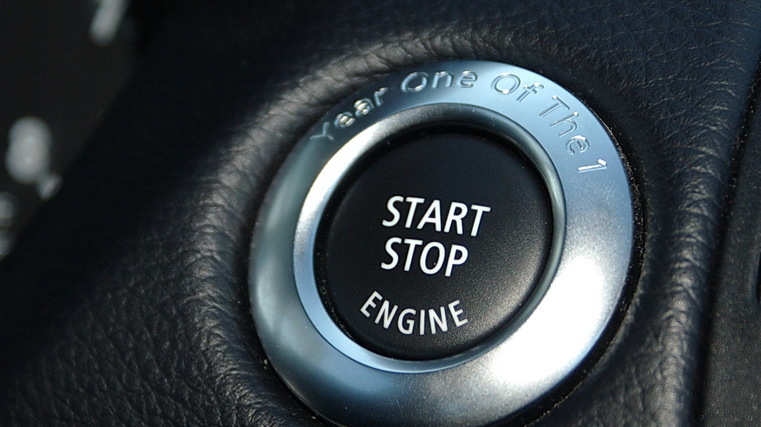Keyless ignitions could be a secret killer

Keyless ignitions are now standard in over half of the 17 million new vehicles sold annually in the US, according to car information website Edmunds. Rather than a having a physical key, drivers carry a fob that transmits a radio signal, which means that a car can be started with the touch of a button with the fob being present.
For many years it was a simple action to turn your ignition off and remove the key. and quieter engine, many drivers have mistakenly thought that their car had stopped running. However, replacing the key-operated ignition with a start/stop button, combined with how quiet modern engines are, has led to some drivers simply forget to shut the engine off when they park.
This is what happened to Fred Schaub. According to the New York Times, Schaub drove his Toyota RAV4 into the garage attached to his Florida home and went into the house with the wireless key fob, evidently believing the car was shut off. Twenty-nine hours later, he was found dead, overcome with carbon monoxide that flooded his home while he slept.
“After 75 years of driving, my father thought that when he took the key with him when he left the car, the car would be off,” said Schaub’s son.
"Schaub is among more than two dozen people killed by carbon monoxide nationwide since 2006 after a keyless-ignition vehicle was inadvertently left running in a garage. Dozens of others have been injured, some left with brain damage," said the report.
Some cars will alert the driver when they exit the running car with the proximity key fob, as recommended by the Society of Automotive Engineers seven years ago when such systems started becoming common. But, while the National Highway Traffic Safety Administration has considered the situation, it has not mandated any particular alert system, leaving car manufacturers to do as they please. Some manufacturers offer alert systems that beep the interior chime, honk the horn, or turn the engine off automatically, while others do nothing about the situation at all.





